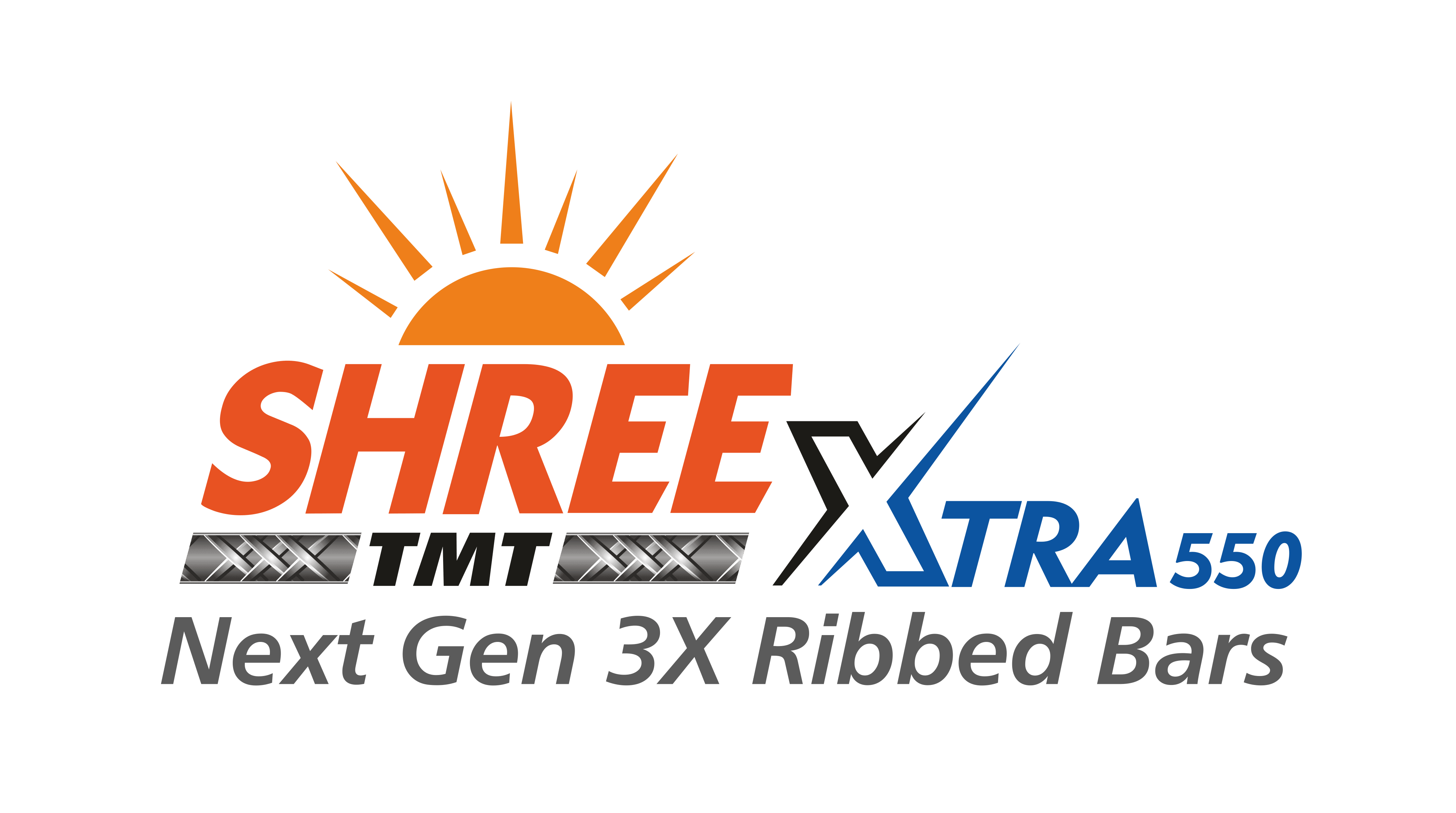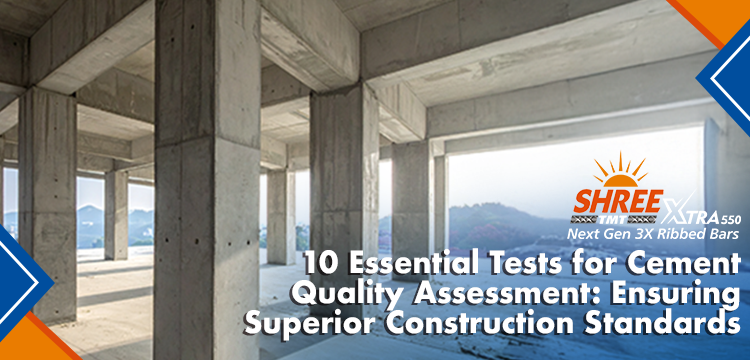10 Essential Tests for Cement Quality Assessment: Ensuring Superior Construction Standards
Quality cement forms the backbone of any durable construction project. To ensure customers receive only the finest cement products, various standardized tests are conducted to evaluate cement quality parameters. Here are ten crucial tests that determine the quality and reliability of cement.
1. Fineness Test
The fineness test measures the particle size of cement, which directly affects its hydration rate and strength development. Finer cement particles provide greater surface area for hydration, leading to faster setting and higher early strength. This test is typically conducted using the Blaine air permeability apparatus or by sieving through standard sieves. Optimal fineness ensures better workability and durability of concrete structures.
2. Setting Time Test
Setting time determines how quickly cement begins to harden after mixing with water. The initial setting time indicates when the cement paste starts losing plasticity, while the final setting time shows when it completely hardens. This test uses the Vicat apparatus and helps contractors plan their construction activities effectively. Proper setting time ensures adequate working time for placement and finishing operations.
3. Compressive Strength Test
This fundamental test evaluates the cement’s ability to withstand compression forces. Standard cement cubes are prepared, cured for specific periods (typically 3, 7, and 28 days), and tested under controlled conditions. Compressive strength directly correlates with the structural capacity of concrete elements and serves as a primary quality indicator for cement performance.
4. Soundness Test
The soundness test checks whether cement undergoes excessive volume changes after setting, which could lead to cracking and structural failure. Le Chatelier’s apparatus is commonly used for this test, measuring expansion when cement is exposed to accelerated conditions. Sound cement ensures dimensional stability and prevents destructive expansion in hardened concrete.
5. Consistency Test
Consistency determines the water content required to produce a cement paste of standard consistency. Using the Vicat apparatus, this test establishes the baseline for other cement tests and helps determine optimal water-cement ratios for different applications. Proper consistency ensures uniform mixing and optimal strength development.
6. Specific Gravity Test
This test measures the density of cement particles, typically ranging between 3.10 to 3.25 for ordinary Portland cement. Le Chatelier’s flask or pycnometer methods are used to determine specific gravity. This parameter helps in concrete mix design calculations and quality control procedures.
7. Heat of Hydration Test
Heat of hydration measures the thermal energy released when cement reacts with water. Excessive heat can cause thermal cracking in mass concrete structures. This test helps engineers select appropriate cement types for different construction scenarios, particularly important for large concrete pours.
8. Chemical Analysis Test
Chemical composition analysis determines the percentages of various compounds like silicates, aluminates, and alkalis present in cement. This comprehensive analysis ensures the cement meets specified chemical requirements and helps predict performance characteristics.
9. Tensile Strength Test
Though cement is primarily designed for compression, tensile strength testing provides insights into cement’s resistance to pulling forces. This test helps evaluate cement quality for applications where tensile stresses may occur.
10. Durability Tests
Various durability tests assess cement’s resistance to environmental factors like sulfate attack, chloride penetration, and carbonation. These tests predict long-term performance under adverse conditions, ensuring structures maintain integrity throughout their service life. Understanding these essential cement quality tests empowers construction professionals to make informed decisions when selecting materials for their projects. At Shree TMT, as leading manufacturers of high-quality TMT bars, we recognize that superior cement quality is crucial for maximizing the performance of our steel reinforcement products. The synergy between quality cement and premium TMT bars creates the foundation for durable, long-lasting structures. By ensuring both materials meet stringent quality standards, we contribute to building India’s infrastructure with uncompromising strength and reliability.

